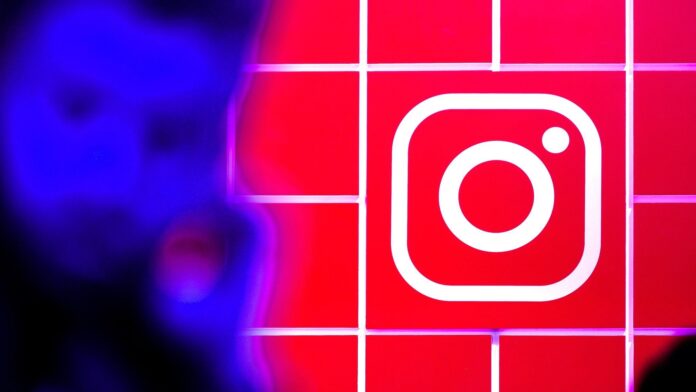According to the Russian Interfax news agency, Meta, the company that owns Facebook and Instagram, has been added to a list of terrorist and extremist organizations.
Due to “Russophobia” the platforms were banned in Russia in March.
It was in response to Meta’s declaration that it would allow posts like “death to Russian invaders” but not real threats against humans.
The prohibition was maintained by a Moscow court in June, despite Meta’s appeal.
As a subsidiary of Meta, WhatsApp was exempt from the prohibition.
Accusations that the US technology behemoth fosters anti-Russian sentiment have been rebuffed.
A Meta representative informed in March that the company was temporarily suspending its standard operating procedures “in light of the ongoing invasion of Ukraine” to permit individuals impacted to “express aggressive views towards invading armed troops.”
The company has been contacted for comment on the most recent events.
If Meta is added to a list of extremist organisations, Russian banks have the power to freeze its funds, according to Interfax.
Other organisations on the list include the Taliban and Russian opposition parties.
Twitter is likewise subject to limitations in Russia.
Since taking over Ukraine, Russia has been isolated internationally and subjected to severe economic penalties. Russia has responded by repressing dissenting media.
It has put into place regulations that restrict what can be published across the country and are punishable by long prison terms.
One of the few remaining independent media publications in the country, Novaya Gazeta, ceased publication in March after receiving warnings from Russia’s media watchdog.
Numerous prominent foreign journalists have also been prohibited from working in Russia, including BBC News correspondents Clive Myrie, Orla Guerin, and Nick Robinson.

















